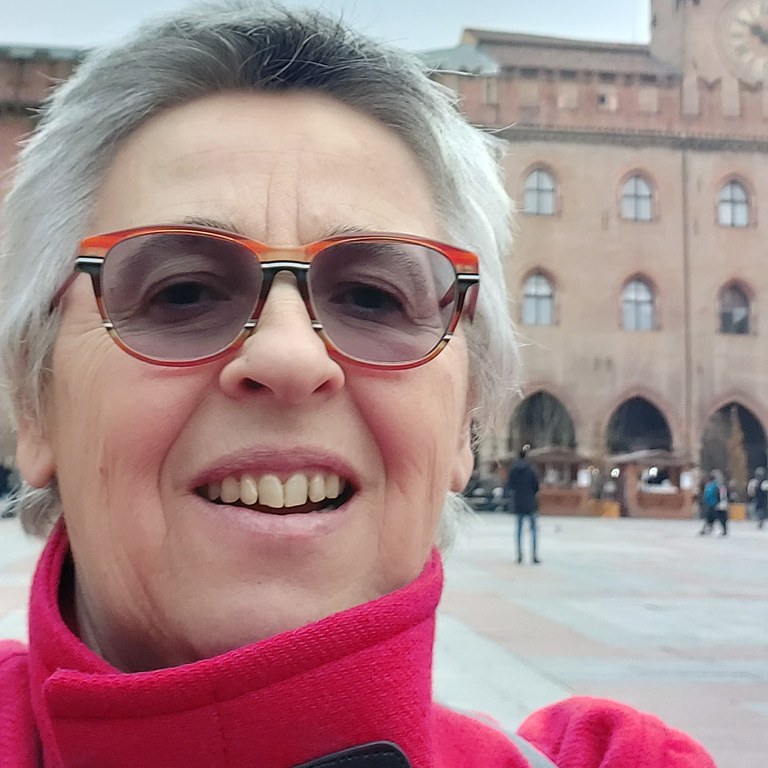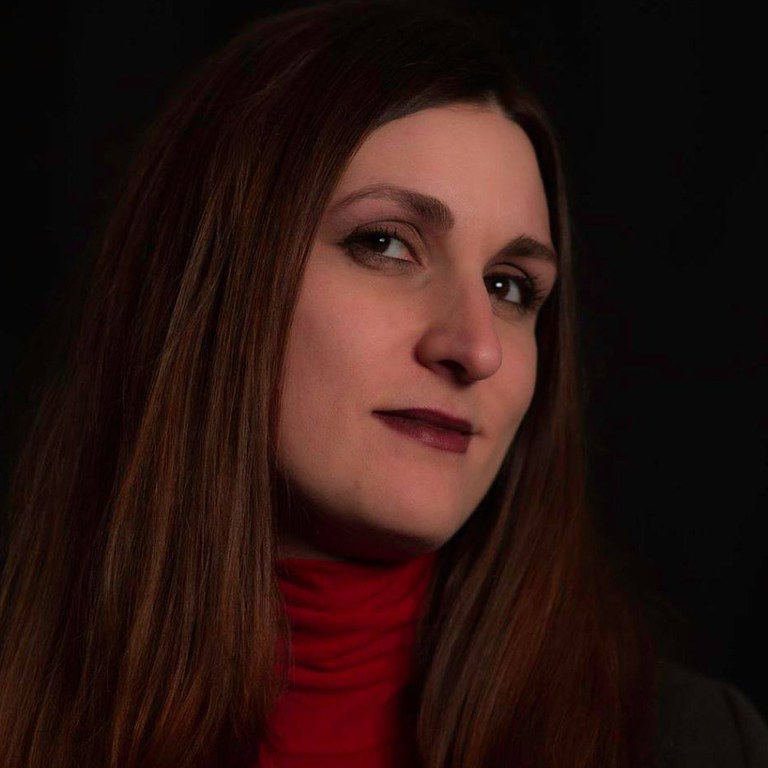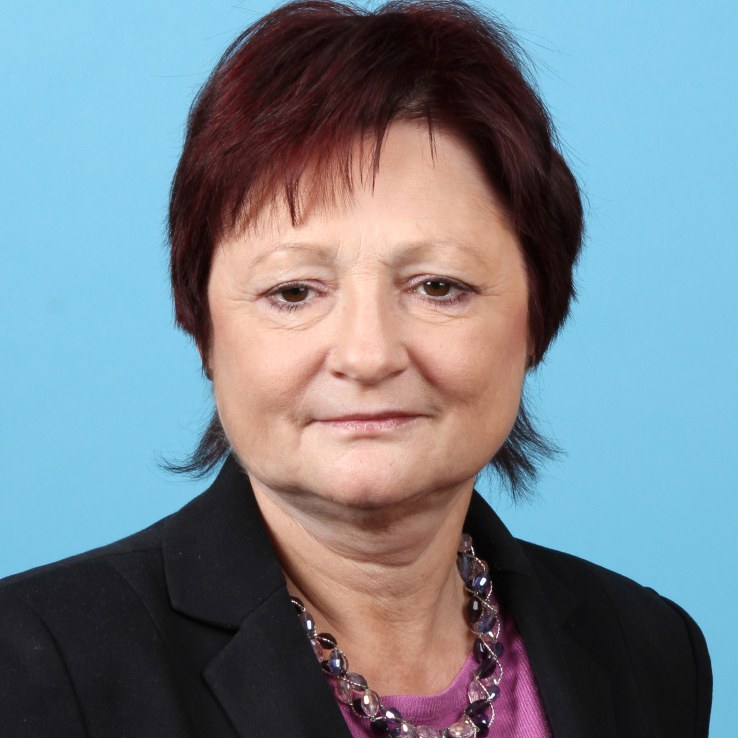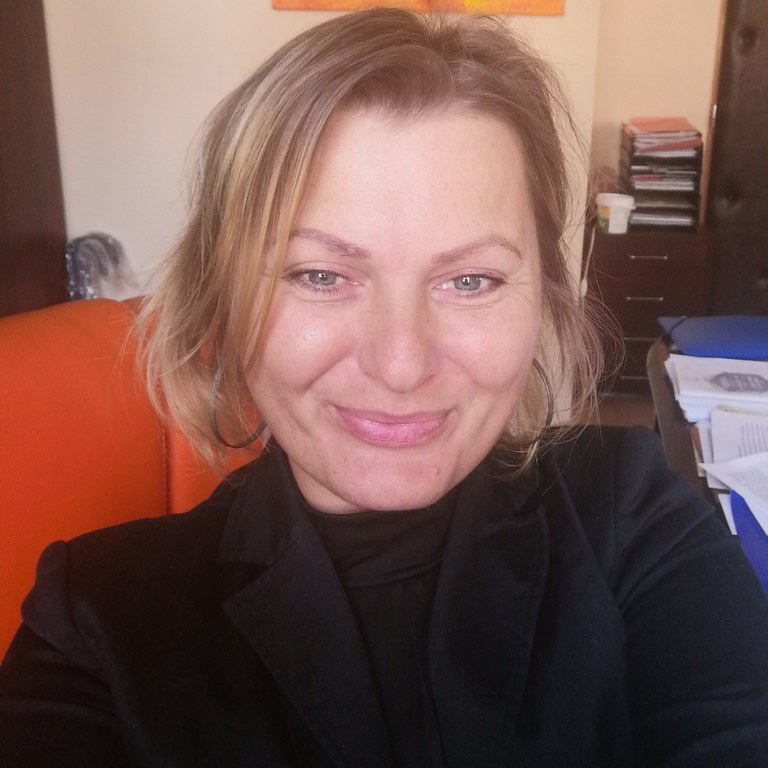WEBINAR - February 25, 2021
2.30 PM - 4.00 pm CET - After 4 pm Drinks and free debate
About Collective Bargaining Agreements (CBAs) in Europe, including special attention for Italy, Spain, the Netherlands and the Visegrád countries. About Collective Agreement databases and to improve databases with Machine Learning
The COLBAR-EUROPE project wants to improve knowledge about industrial relations and social dialogue, specifically about the content of Collective Agreements in Europe. Collective bargaining is key for wage setting and working conditions, but very little is known about what exactly is agreed. Few countries code agreements, but most countries are lacking such overviews, and databases for cross-country comparisons are absent.
Since 2014 however, associate partner Wagelndicator maintains a database with full text, annotated, and coded Collective Bargaining Agreements (CBAs), using a standard coding scheme. ln the BARCOM project, the predecessor of COLBAR, 120 agreements from the commerce sector from 23 countries were successfully analysed. Social partners expressed their interest in getting for the first time ever insights into the content of Collective Agreements. COLBAR-EUROPE aims to deepen these insights by adding now already more than 600 agreements - from many different industries - plus 40 Transnational Company Agreements to the European Collective Database.
| 2.00 PM - 2.30 PM |
Door open - Informal talks; discussion about new projects |
| 2.30 PM |
Video - Snapshot of the COLBAR project |
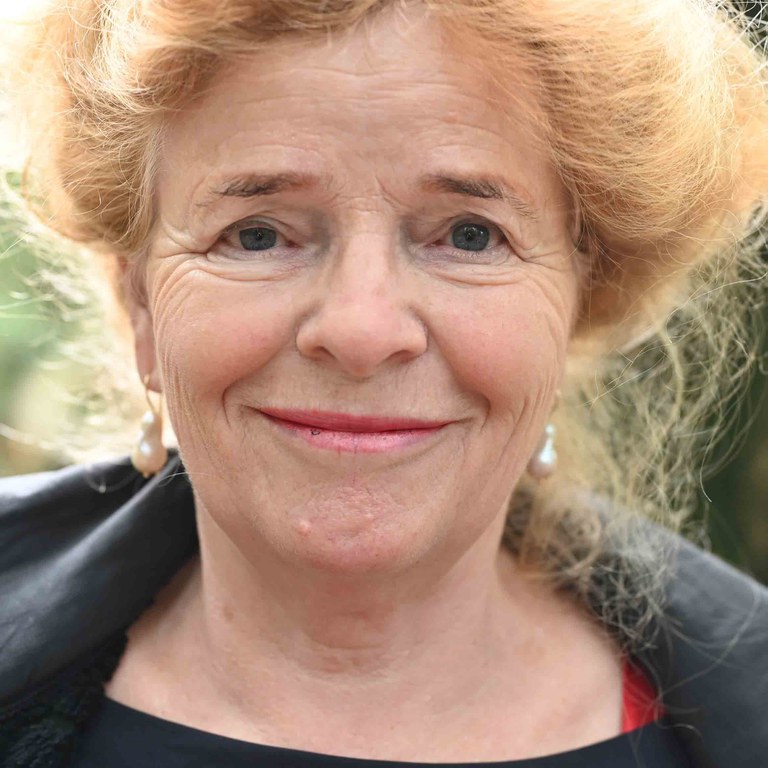 |
WelcomePaulien Osse - Director WageIndicator Foundation |
| 2.30 PM - 2.36 PM |
Data Visual of Collective Bargaining and Industrial relations in Europe Data Visual of All Collective Bargaining Agreements in the Database |
| 2.40 PM - 2.47 PM |
Presentation |
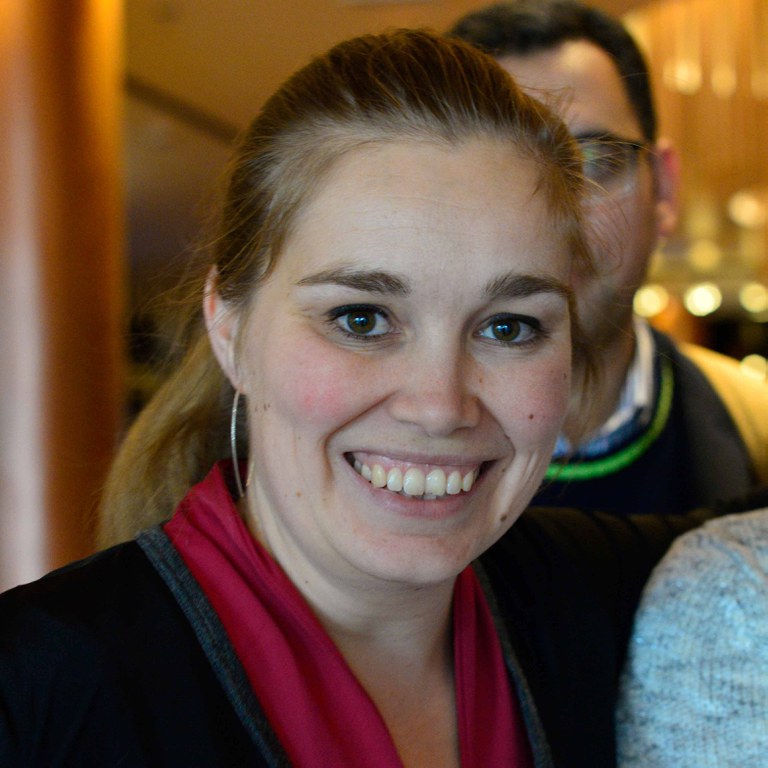 |
Collectively bargaining wages as a tool against poverty? We often assume that collective bargaining is all about wages. In this presentation, Janna Besamusca explores whether this is true to be analysing the way collective agreements in Europe talk about wages. Furthermore, she will present findings about how unequal collectively bargained wages are and the extent to which they are living wages. Janna Besamusca is a labor sociologist at the University of Amsterdam. She does research into working mothers, work-family issues, minimum wages, collective bargaining, and industrial relations. |
| 2.50 PM - 3.20 PM |
Break-Out Rooms |
Italy |
|
|
Armanda Cetrulo
Manola Cavallini
Matteo Rinaldini
Eloisa Betti |
Early adoptions of telework in Italian collective agreements: from flexible working time to the risk of surveillance and unpaid overtime. Lessons for the post-Covid agenda. Armanda Cetrulo will look in this presentation at the degree of diffusion of tele-work provisions within the Italian collective agreements. Of course, she will take into account the main issues concerning working conditions, wages, health and safety rights, risk of social isolation and pervasive control by employers. By Armanda Cetrulo Cetrulo is a PhD student candidate in Economics at Scuola Superiore Sant’Anna Pisa. Her research interests focus on technology, work organisation and industrial relations. National Collective Bargaining Agreements In Italy: An Investigation On Wages And Remote Working* Presentation slides Italian | English Panel Discussion in Italian with: Manola Cavallini, CGIL Trade unionist and Member of CNEL Council. Manola is expert of collective bargaining. In charge of CBAs archive and second-level bargaining reports in collaboration with Fondazione di Vittorio. Matteo Rinaldini. Heis Associate Professor in Economic Sociology at Communication and Economics Department of University of Modena and Reggio Emilia. He is member of the Scientific Committee of “Fondazione Sabattini”. Eloisa Betti. She is Professor of Labour History at the University of Bologna, she is a member of the Board of the Italian Society of Labour History (SISLAV) and co-coordinator of the Feminist Labour History WG of the European Labour History Network. She is the scientific head of the Historical Archives of the UDI of Bologna, for which she coordinates the projects "Gender, work and technical culture" and the "Experimental project on violence and harassment in the world of work", sponsored by the ILO |
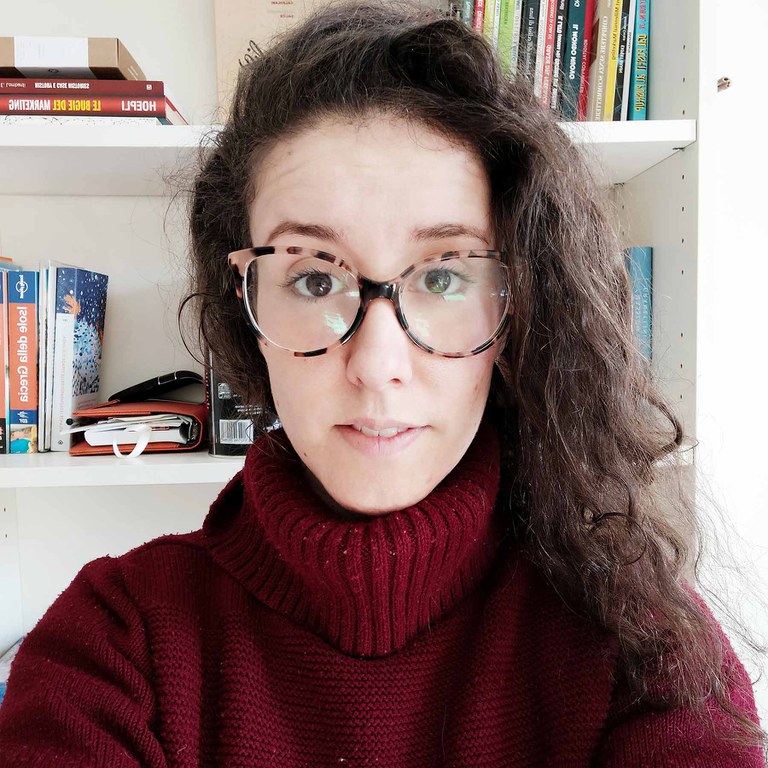 |
Moderator of the Italian Breakout Room: Valeria Tonella - WageIndicator journalist
|
Spain |
|
|
Gabriele Medas
Carles Català Pinyol
|
Contents and characteristics of the collective bargaining agreements in Spain? By Gabriele Medas and Daniela Ceccon. Gabriele Medas: Global collective agreements database manager for WageIndicator, coordinator of the database coding team for COLBAR project. Panel Discussion in Spanish with: Carles Català Pinyol. Carles is a laboral lawyer for the Comisiones Obreras, CCOO and the CCOO Catalonia Sindical Confederation from 1994. Member of different European social dialogue groups, temporal agencies workers sector, banking sector, commerce sector and hospitality sector.
|
|
|
Moderator of the Spanish Breakout Room: Daniela Ceccon,WageIndicator Data Manager |
Visegrád Countries |
|
|
Gábor Szüdi
Gábor Kártyás
Alena Paukrtová
Danuta Wojdat
Monika Benedeková |
Collective bargaining agreements in Visegrád countries - same path or different trajectories? By Gábor Szüdi, he received his PhD degree in Economic Policy from the University of Economics in Bratislava. Currently he is a research associate at Central European Labour Studies Institute (CELSI) in Bratislava, involved in international research projects, such as COLBAR-EUROPE, focusing on the innovative aspects of labour market (policy). He has experience in social research in the area of income inequality, research and innovation policies, innovative solutions in public service issues using qualitative and quantitative data analysis methods, comparative policy analysis and project management. Panel Discussion in Hungarian, Slovak, Polish and English with: Hungary: Gábor Kártyás - expert on labour law: Dr. Gábor Kártyás works as Assistant Professor at Pázmány Péter Catholic University, Department of Labour Law. He regularly publishes articles and studies, with a focus on issues of atypical employment, EU labour law and collective labour law. In addition to his theoretical work, from 2018 he assists the Kúria's (Hungarian Supreme Court) labour law jurisdiction as advocate general. Czech Republic: Alena Paukrtová - expert of OS KOVO: Alena Paukrtová works as an Analyst and Collective Bargaining Expert for OS KOVO (the Czech Metalworkers’ Federation). Poland: Danuta Wojdat - expert on collective bargaining Slovakia: Monika Benedeková - vicepresident and chief negotiator of sectoral union OZ KOVO: Dr. Monika Benedeková, vice-president of Metalworker`s Federation, the biggest sectoral trade union in Slovakia and the head of collective bargaining on sectoral level in metal, engineering, electricity and glass industry. A member of the European Social Dialogue Committee and other committees at the European level |
 |
Moderator of the Visegrad Panel Discussion: Marta Kahancová.Founder and Managing Director, Central European Labour Studies Institute (CELSI), Bratislava, Slovakia |
The Netherlands |
|
|
Niels Jansen
Pim Paulusma (Picture: Christaan Krouwels)
Laurens Harteveld |
What makes Dutch Collective Agreements unique? By Niels Jansen Mr. dr. Niels Jansen has been working for the Faculty of Law at the University of Amsterdam since 2012 and is currently affiliated with the research institute AIAS-HSI. Previously, Niels worked as a lawyer in employment law for more than eight years. In January 2019 Niels completed his PhD thesis on the representativeness of trade unions in employment conditions consultations. Niels specializes in collective labor law. He teaches collective labor law and frequently publishes in this field. Panel Discussion in Dutch with:
About the panel: Research shows that organizations perform better when they employ people from different cultural and ethnic backgrounds. Striving for diversity and inclusiveness is now commonplace and so is equal pay for men and women. There are still some steps to be taken in these areas in the Netherlands and the question is how. What can for example employers and employees do about it and what role can collective bargaining agreements play. VNO-NCW and trade union FNV underline the importance of diversity and equal pay. The coded collective agreements within the framework of this COLBAR research project show that collective agreements still contain no or hardly any provisions on diversity, inclusion and equal pay. This raises the question whether social partners have taken steps in this area already and what those steps look like or could be. These questions, among others, are discussed in the panel with representatives of the largest trade unions in the Netherlands and a policy advisor of employers' association AWVN. |
| 3.20 PM - 3.25 PM | Video Wrap-up - Collective Agreements in Europe: a comparison |
|
3.25 PM - 3.35 PM |
Presentation |
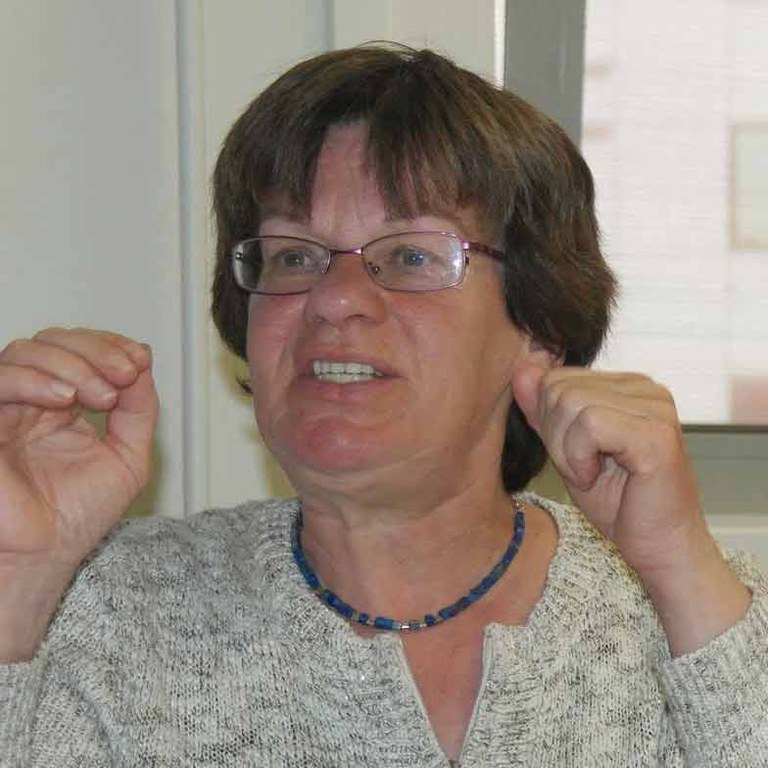 |
Comparing Collective Bargaining Agreements in 4 Industries. Focus on Wages, wider Bargaining Agenda, convergence across subsidiaries of Multi Nationals and Trans national Company Agreements By Kea Tijdens Research Director, co-founder WageIndicator Foundation. Kea developed the Collective Bargaining Agreement Database for WageIndicator |
|
3.35 PM - 3.55 PM
Isabelle Barthès |
Panel discussionFeaturing a representatives from
Topics:
Discussion in English - Interpretation in Dutch, Hungarian, Italian, Polish, Slovak, Spanish |
|
Moderator: Janna Besamusca - Sociologist. Research into the motherhood effects on women's labour force participation and wages; informal work in Africa; collective bargaining and industrial relations. Postdoc at University of Amsterdam. |
|
|
3.55 PM - 4. 00 PM |
Video - Machine learning and Collective Bargaining Agreements |
|
4.00 PM - 5.05 PM
Huub Bouma
Stefano Ceccon |
Open floor. Discussion about Text Mining, machine learning, a database with 48 languagesThis discussion will be in English. Target group: geeks, and nerds who care for better Collective Agreements around the world. With: Huub Bouma, developer Collective Agreement data base WageIndicator Stefano Ceccon has a PhD in Machine Learning. Research topics: machine learning, probabilistic graphical models, deep learning. Specialised in media and data journalism, health and financial data. Daniela Ceccon, data base manager WageIndicator Discussion in English |
| Moderator: Paulien Osse | |
|
More about this COLBAR project? Check the project page and find all reports. |
|
|
|
The webinar is organized by: University of Amsterdam/AIAS-HSI Technique: Zoom & QuaQua WageIndicator Zoom Firemen: Aakash Bothra, Niels Peuchen Interpretation: |


